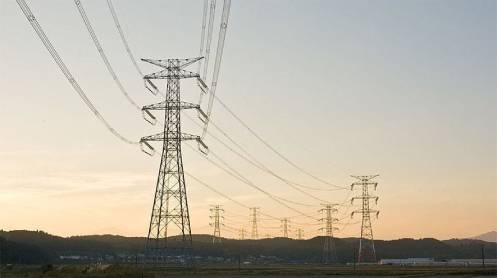The International Monetary Fund (IMF) has recommended strategies to reduce power tariffs for various consumer categories, emphasizing the need to fully utilize new power plants and optimize the energy mix.
According to sources in the Ministry of Finance, the IMF has advised the government to operate new power plants at maximum capacity to effectively meet the country’s energy demands. Currently, consumers face an annual burden of around Rs2 trillion in capacity charges due to underutilization of these plants.
The IMF proposes lowering industrial tariffs by reducing capacity charges, which could be achieved by utilizing power plants at full capacity and incorporating alternative fuels. This approach could potentially reduce electricity prices by Rs13 to Rs16 per unit.
Specifically, the IMF recommends operating 5,000-megawatt gas power plants fueled by indigenous gas, offering electricity at a significantly cheaper rate of Rs10 to Rs14 per unit compared to LNG. Ensuring uninterrupted power supply to all industrial zones is a crucial aspect of this proposal.
The term “energy mix” refers to the combination of various energy sources used to generate electricity, including renewable sources like solar, wind, hydroelectric, and biomass, as well as non-renewable sources like coal, natural gas, and nuclear power. Managing the energy mix aims to balance energy security, affordability, and environmental sustainability.
Capacity charges, also known as capacity payments or tariffs, are fees paid to power generators or suppliers for their ability to deliver a specified amount of electricity to the grid, irrespective of actual usage. These charges cover fixed costs associated with power generation infrastructure and are separate from charges based on actual electricity consumption.
Story by Irshad Ansari







